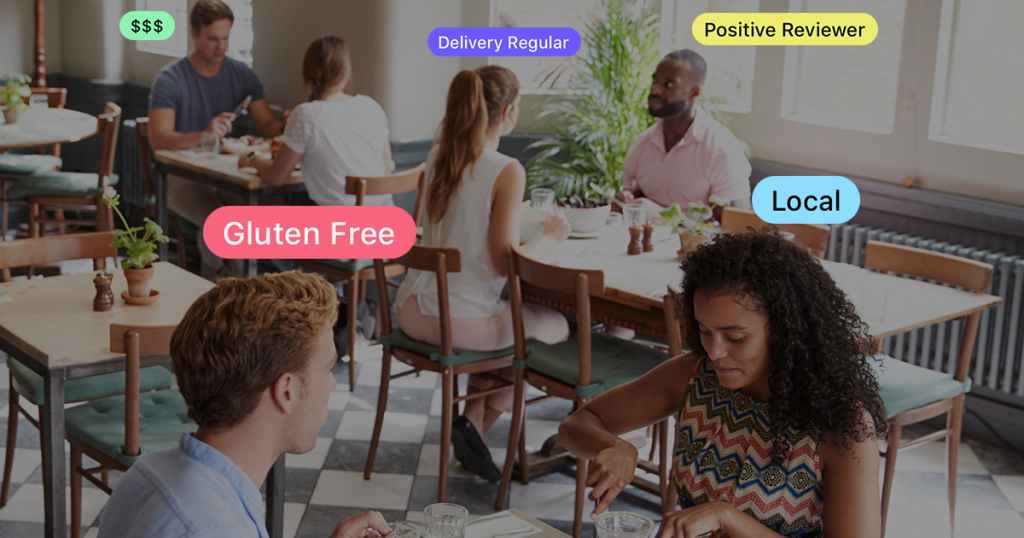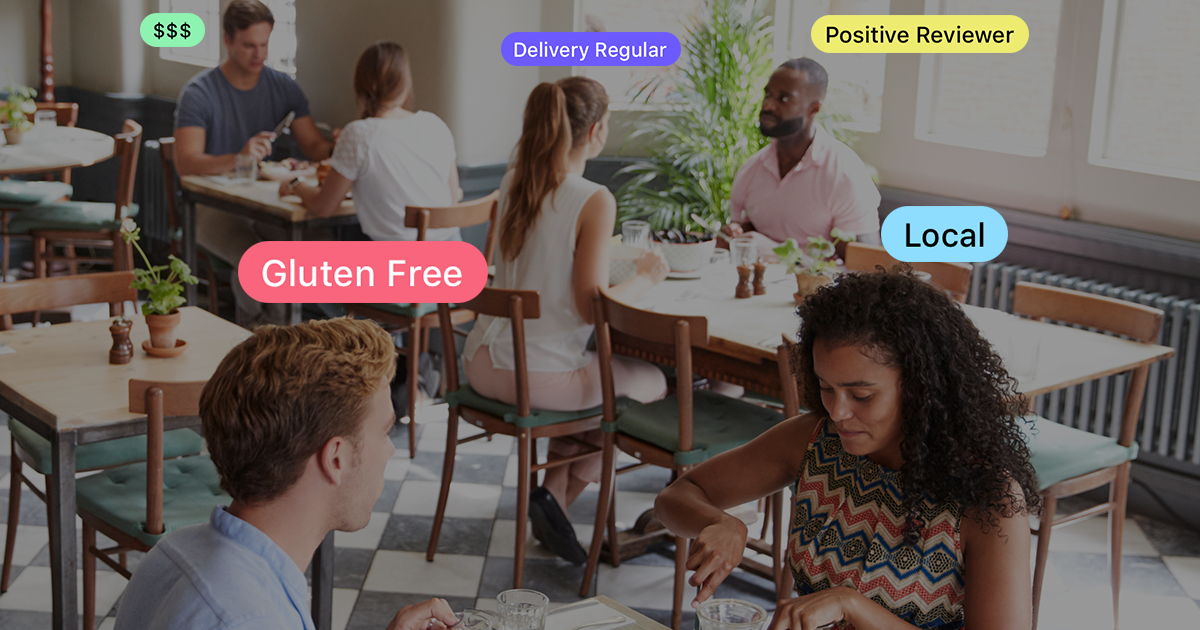
- Harrods is partnering with SevenRooms to track which diners are big spenders or VIP guests.
- SevenRooms' software collects data from diners' bookings, orders, and notes added by restaurant staff.
- Harrods plans to use the data to customize diners' experiences at 14 of its food and drinks outlets.
Harrods, London's most iconic department store, is partnering with restaurant-technology company SevenRooms to capture key data about their customers. This includes whether they showed up to their booking, what they ordered, and whether they're big spenders.
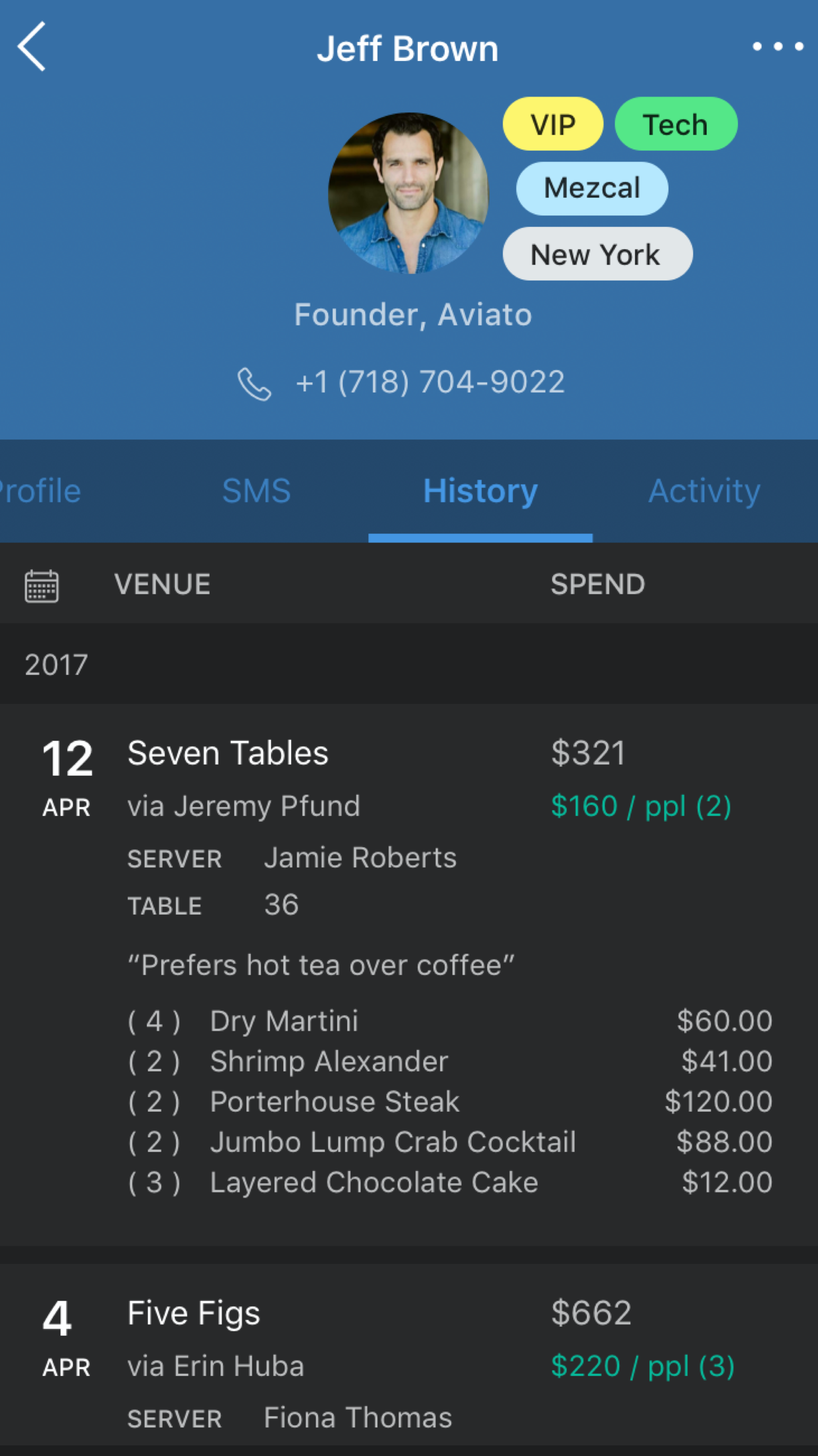
SevenRooms' software allows restaurants to take online orders, manage bookings, and gather feedback from guests about their visits — and then use the data from this to advertise promotions and market events.
They can even personalize diners' restaurant experience by recommending wines they know they like or remembering their allergies.
Harrods is rolling out the software at 14 of its food and beverage outlets, and data collected at each restaurant will be shared with the others.
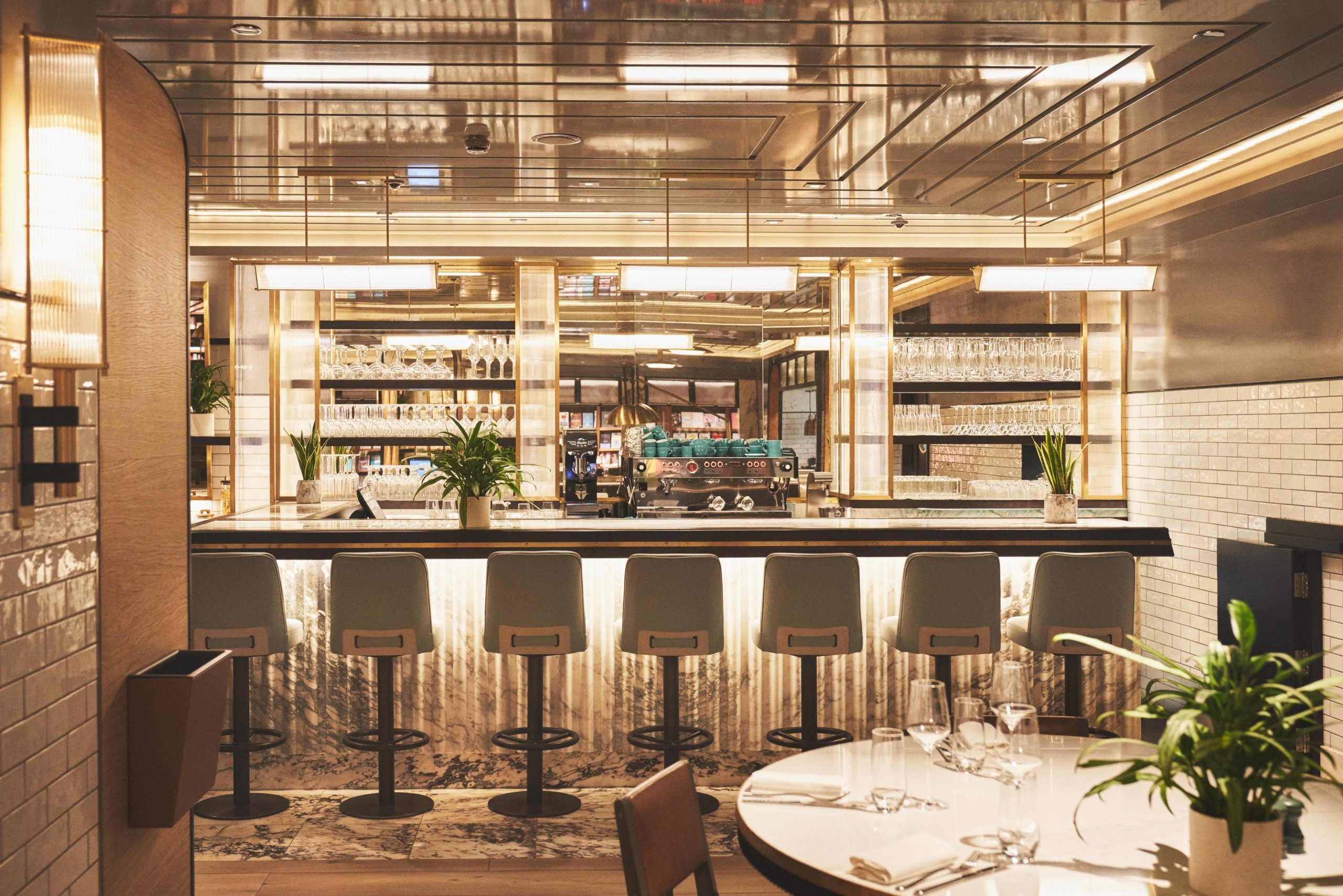
"Our aspiration is to tailor every element of the experience to our customers' needs, so the more information we have the more successful we can be in this," Ashley Saxton, director of restaurants at Harrods, told Insider.
"This could be one of our head chefs surprising a returning guest with a birthday cake, the staff inviting customers to return for an annual celebration, or even something as simple as their favorite newspaper waiting for them at their routine morning booking," he said.
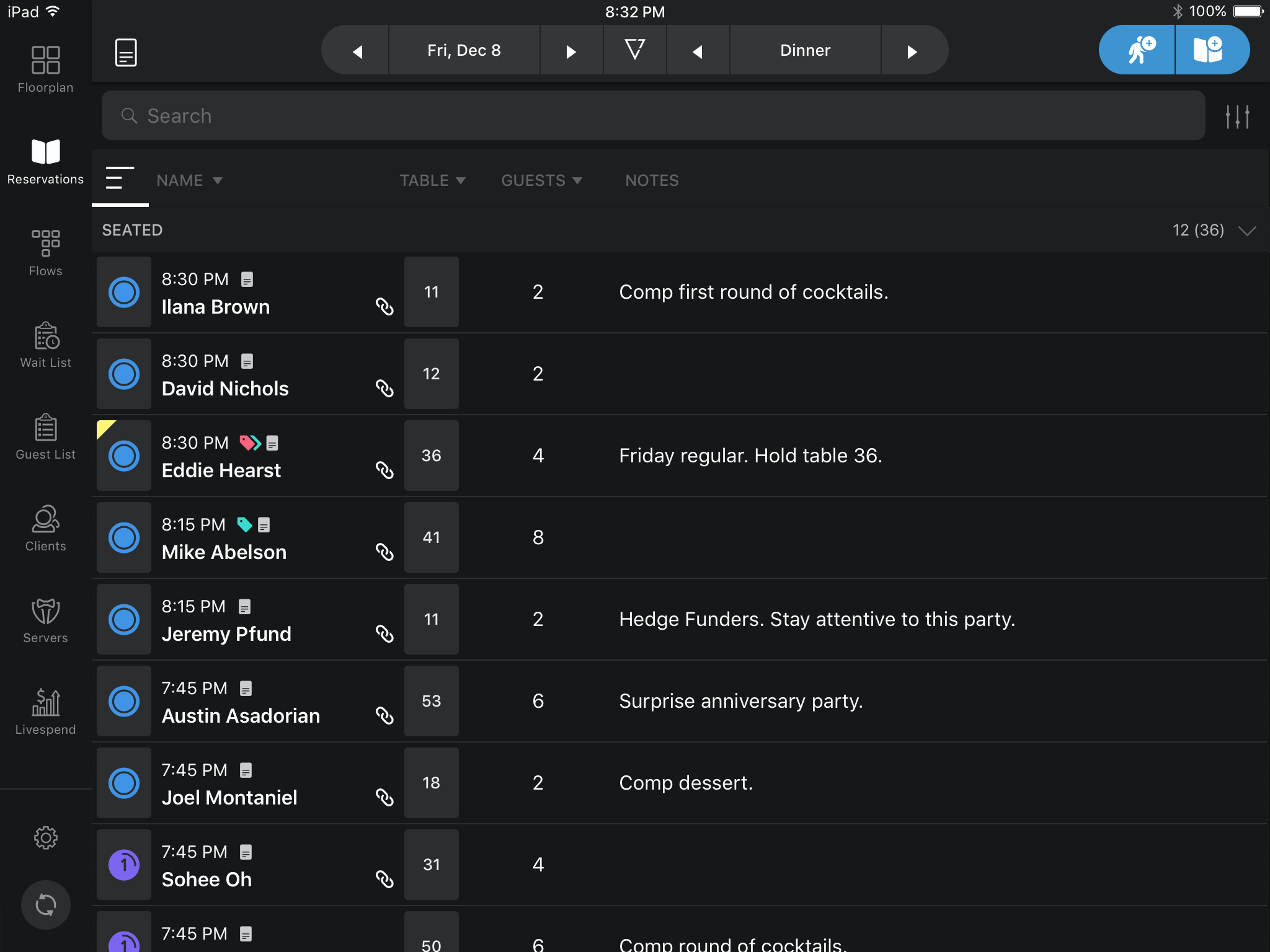
As a white-label B2B company, SevenRooms only communicates with the restaurants and not their customers.
Danilo Mangano, managing director of international at SevenRooms, told Insider that this differentiated SevenRooms from other booking marketplaces, which use customer data to promote other restaurants on their platforms, rather than sharing the data with the restaurant itself.
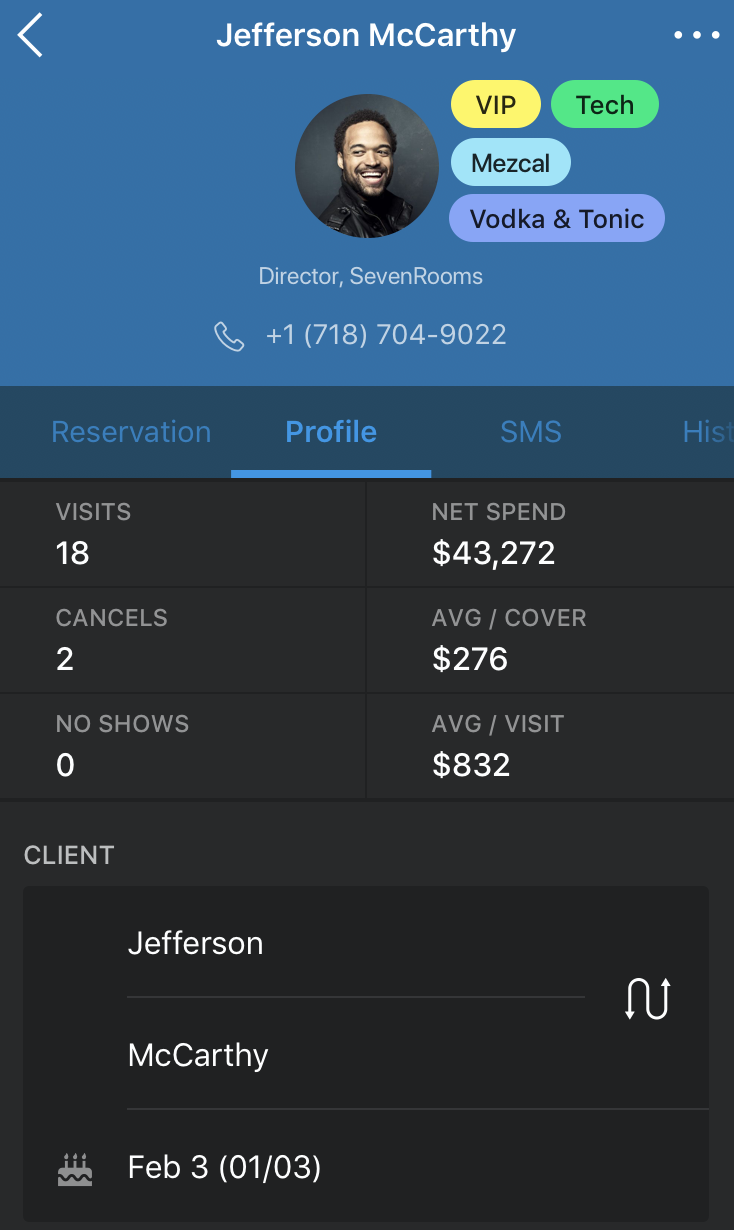
"We put the restaurant operator in full ownership and control of the customer data," Mangano said.
When a diner makes their reservation, they have to provide some basic contact details. These are pulled through onto SevenRooms' software if they opt in to sharing their data for marketing purposes.
This creates a profile for the person who booked the restaurant. SevenRooms then integrates with a restaurant's point-of-sale (POS) system to capture more data during the diner's visits, including what they ordered and how much they spent. This information is updated in real-time on SevenRooms' platform, which restaurant hosts can access on an iPod or iPhone.
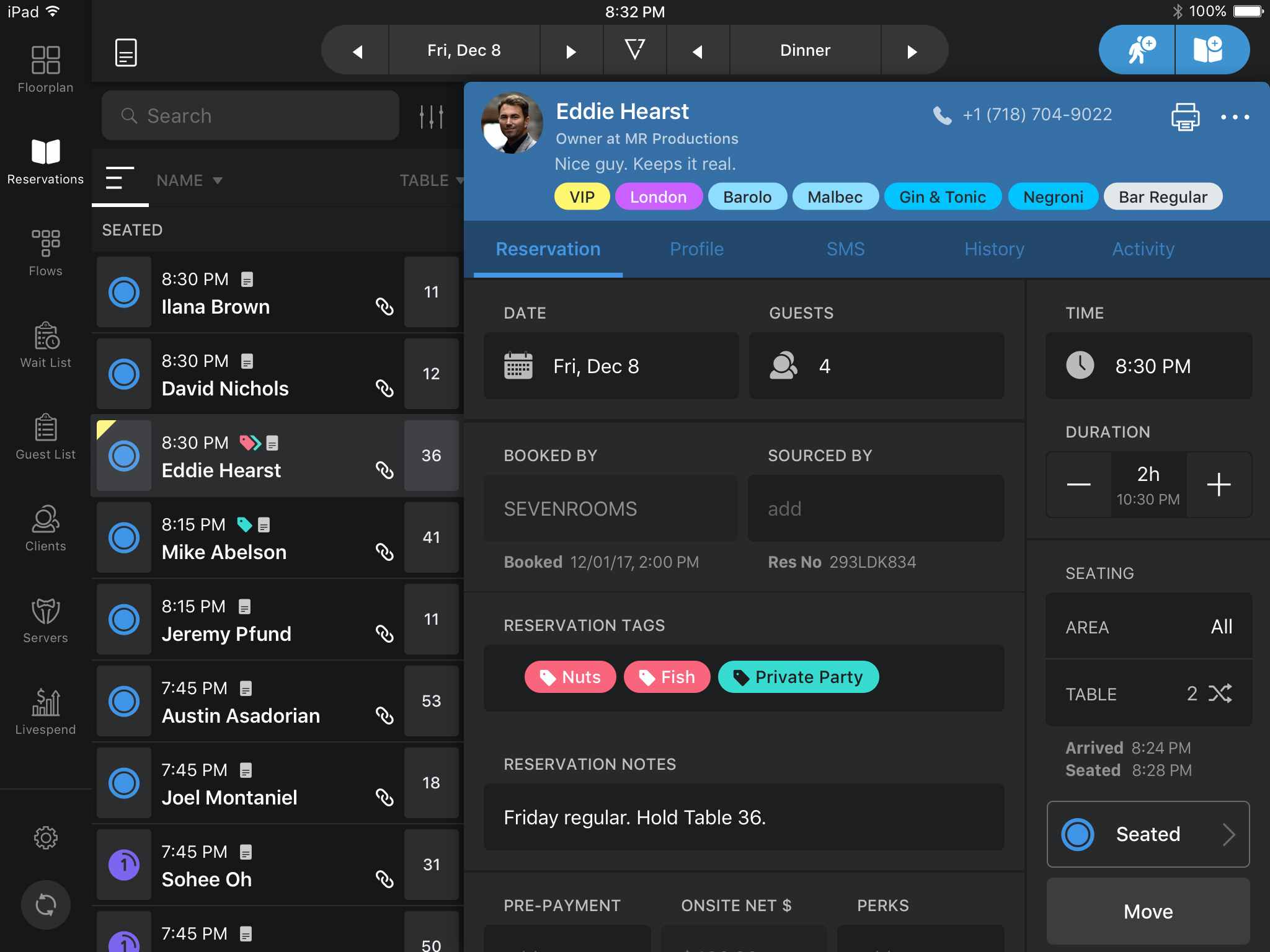
Hosts can also enter data about the diner into the software by manually adding tags, such as "allergic to shellfish," "wine $$$$," "always accommodate," and "VIP." The data is kept private from the diner.
Restaurants can use this data to customize the diner's visit. If they order an especially large amount of food, for example, the restaurant's general manager may greet the table personally, Mangano said.
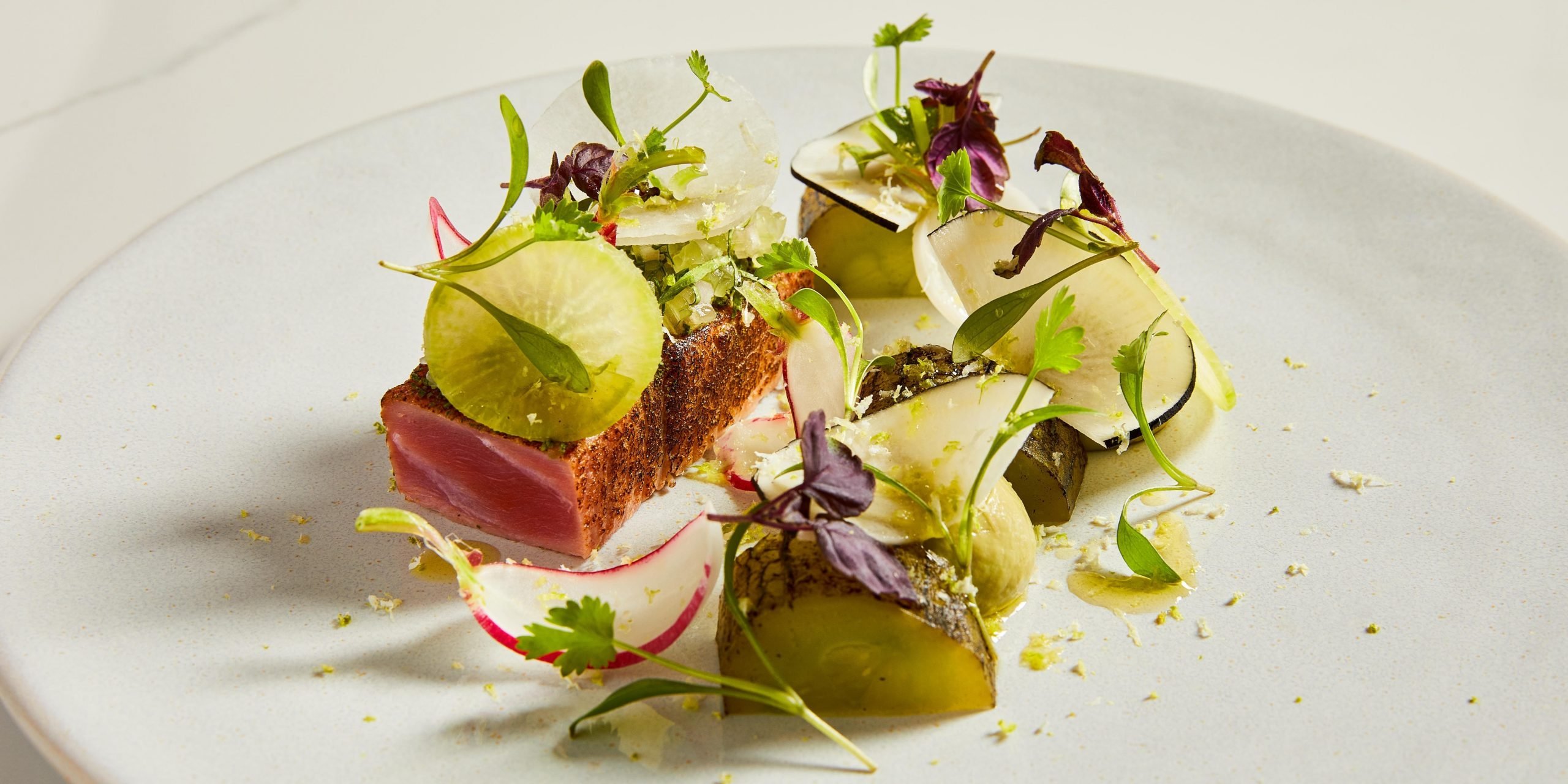
Mangano said that restaurants can also use this data to tailor future communications to the diner, such as advertising promotions or marketing events based on what they have ordered in the past, like advertising wine-tasting events to customers who are known to be big spenders on wine.
Saxton said that SevenRooms' technology would give Harrods a "higher level of insight" into its restaurants' results and enable it to performance manage its operations based on live data.
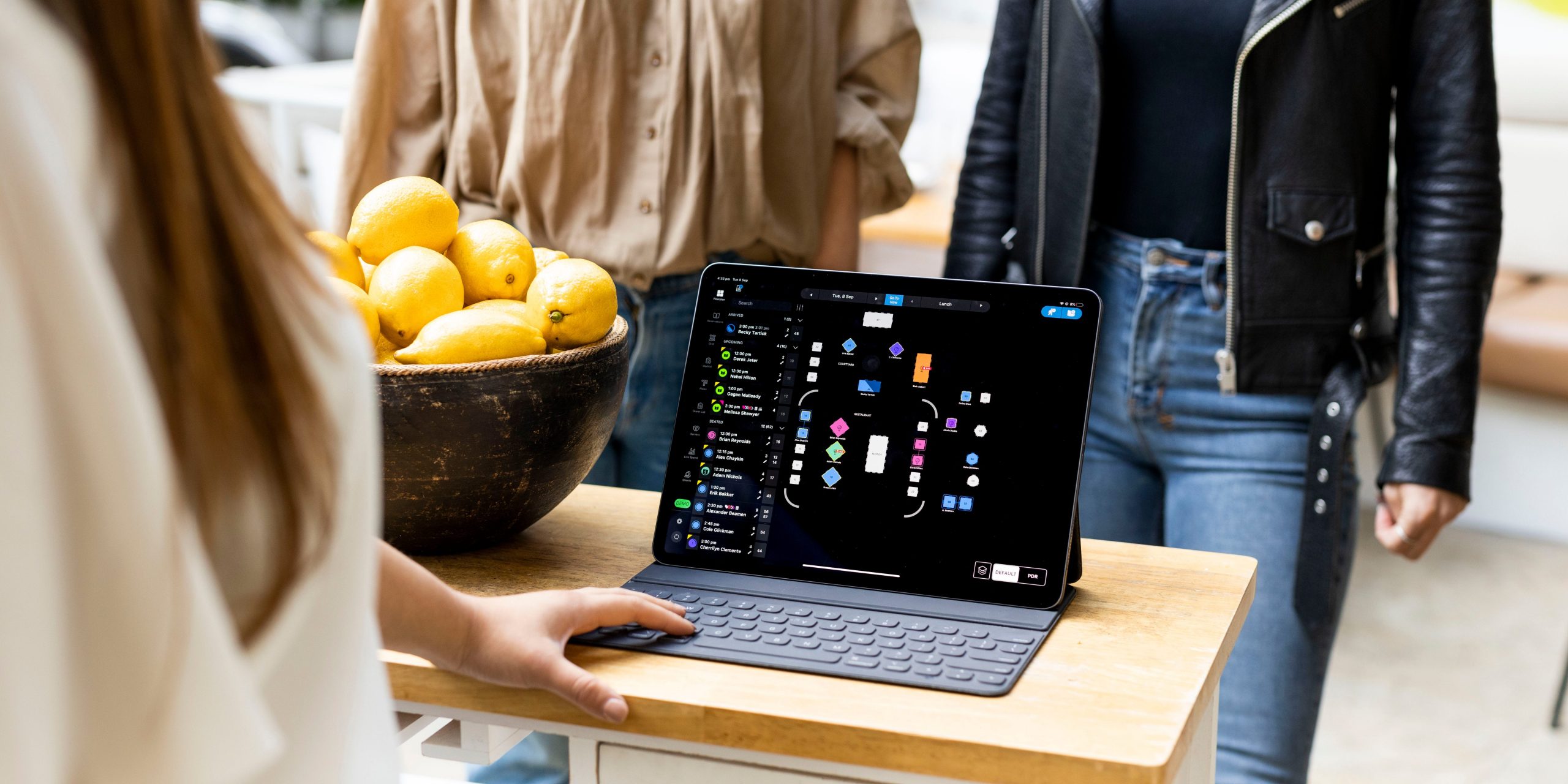
"Restaurants aren't just about the food on the plate but how the team make you feel when you visit them, and these preferences allow us to go beyond our customers' expectations," Saxton said.
